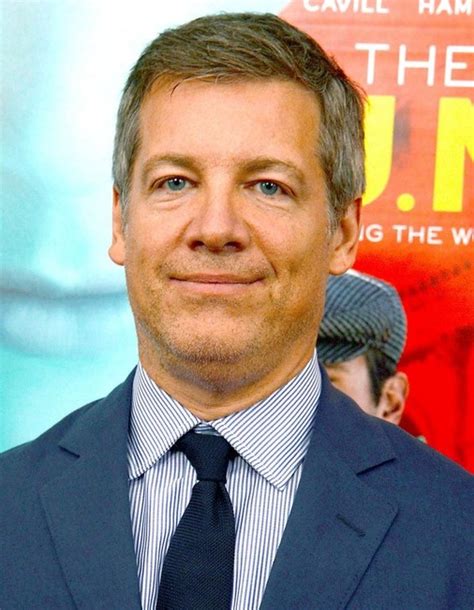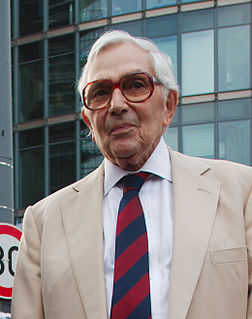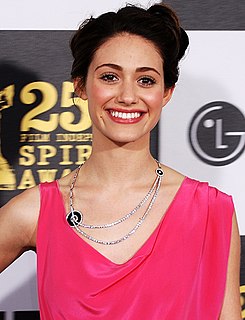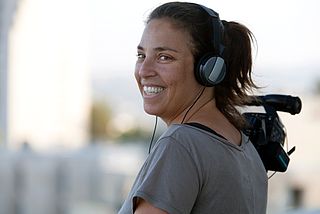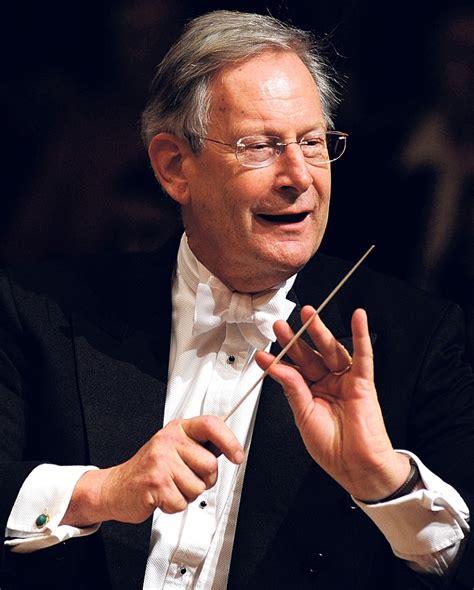A Quote by Lionel Wigram
The 60's has its own particular style and I think setting film in a period enables you to create your own reality that the audience can escape into and have fun, and in a way make it more real than it actually is.
Related Quotes
As a songwriter, you tend to develop your own style, your own technique, based around what it is you're trying to write and perform, in terms of your own music. So a way of evolving a guitar style as a songwriter is much easier, I think, than developing a true style of your own just from listening to music or playing other people's music.
Make your own worlds. Make your own laws. Make your own creations, your own star systems. Don't feel answerable to anyone, or as though you have to create after some preordained model. You don't have to write like myself, or King or Anne Rice: be yourself. Nothing is more wonderful than discovering a new voice, particularly if it happens to be your own.
I believe art is utterly important. It is one of the things that could save us. We don't have to rely totally on experience if we can do things in our imagination.... It's the only way in which you can live more lives than your own. You can escape your own time, your own sensibility, your own narrowness of vision.
Life is not bad, and it doesn't look more real if it's ugly or it's gritty. Think of your own life. Most of what's in your own life, hopefully, is exactly that. Friendship and love and passion for movies and cartoons and comic books, whatever it is that you love. Most of the way we live our lives involves looking for pleasure and beauty and happiness and affection. Real artists don't use reflexive clichés about things. It's about honoring the reality of people's lives, which defies conventions and clichés and expectations. People are interesting, period.
When critics or people judge, I think it's harder to make a commercial, pop movie than it is to make a pretentious art film. It's harder to reach millions of people and satisfy them and make them happy. These films kind of get ghettoized, this genre because there are so many big, big movies that are such big hits, but aren't any good. The audiences, they're not judging the style of the director, or the execution of the film. They're just looking to be entertained. They want to escape from their reality, and that's why we make movies, to get people to escape from the realities.
When I was living in Mexico, I started reassessing my drawing style, and plunged into a period of doing exercises and research to develop a new way to draw. The result was a style that implies more than it shows, and so, ironically, feels more "true" to the scene I want to draw than a style that is more specific. It seems to me that the reader's imagination is able to fill in the gaps more effectively than I ever could. Plus it's a lot faster and more fun to do.
Theater is such a different ballgame than film. And that's really why I stayed in film, because I really love the reality of connecting with your own feelings, and really putting that across in a realistic way. In film, the smallest muscular movements in your face, that are produced just by sheer feelings, you're not controlling them in anyway, can be seen by people in the audience because your face is sometimes, frighteningly, 40 feet wide!
I think we create our world through stories. We use storytelling to escape or protect ourselves from the unimaginable and the horrible - from the real, in a way. It's like white light - if you put everyday reality through a prism you get this rainbow of colors that you couldn't see before. I'm interested in exploring the world to show the things that are invisible. And not just undocumented aspects of reality, but to actually make manifest things that have been hitherto invisible through the intervention of filmmaking.
Fantasy is seductive and much more wonderful than reality, but you can't take it to the bank. It's always an escape. And if used as an escape, as in attending a movie or a show for a circumscribed period of time, it's fine. When it starts to become undifferentiated from reality, it leads to big trouble.
